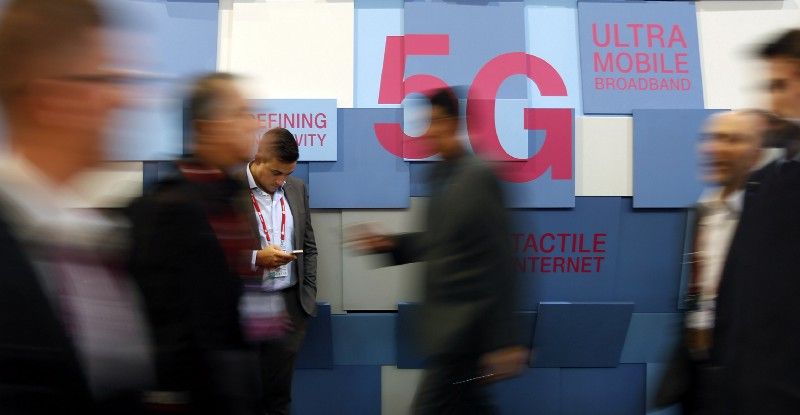Sometime around 2020, if you live in a big city, you’ll access a 5G network for the first time. You’ll immediately notice a difference: 5G will be up to 1000 times faster than your existing mobile connection. “Download times” will cease to exist, as everything runs instantly in the cloud, but that’s just the beginning.
Potentially world-changing technologies that depend on continual access to ridiculous amounts of data — think driverless cars, smart factories and cities, and next-generation military technologies — will move from the drawing board to reality. It’ll be an amazing time to be alive, if you’re lucky enough to access a 5G network. In the developing world and in farther-flung parts of wealthy countries, millions of people may still be stuck with slower connections, if they’re connected at all. The “digital divide” is an old problem, but 5G is such a quantum leap forward that the gulf between the haves and have-nots will be profound.
Here’s where the geopolitics get interesting: if you’re one of those people or countries in danger of being left behind, you’re likely to view anyone who can help you access the 5G network as a valuable potential friend. If your new friend built and ran the network, you might even come to depend on them.
China gets this — 5G is an integral part of Beijing’s Belt and Road initiative aimed at outfitting old Silk Road and maritime trading routes across Eurasia and Africa with modern-day infrastructure. For China, leadership in next-generation wireless technology isn’t just about securing new economic opportunities, it’s about gaining geopolitical leverage. And the US is unlikely to take that challenge lying down. Welcome to the new “space race,” one with higher stakes.
